The Peoples Democratic Party and its presidential candidate, in the February 23 presidential election, Alhaji Atiku Abubakar, have insisted that the Trader-Moni policy of the President Muhammadu Buhari administration was a vote-buying scheme that lacked budgetary backing.
Atiku and his party described the policy as “illegal and corrupt extra-budgetary spending.”
They stated this in their reply to the response by Buhari to their petition filed before the Presidential Election Petitions Tribunal to challenge the outcome of the February 23 election.
Alleging manipulations and corruption in the Independent National Electoral Commission’s declaration of Buhari and his All Progressives Congress as the winner of the poll, the petitioners urged the tribunal to declare them as the true winner.
They had alleged, among others, in the petition that in a bid to “improperly influence voters,” Buhari, “using his position as President of the Federal Republic of Nigeria, commenced a programme or a scheme called Trader-Moni, through which Nigerian electorate, most especially traders across the 36 states of the federation and the FCT, Abuja, were, few weeks to the presidential election, given N10,000 each.”
They added, “In spite of the fact that there was no budgetary provision for this scheme; and in spite of public outcry against it, the 2nd respondent (Buhari), through the Vice-President of Nigeria, Professor Yemi Osinbajo, SAN, went round all the states of Nigeria and the FCT, Abuja, and shared the said sum of N10,000 to traders, thus using state resources to buy votes.”
In his reply filed through his lawyer, Chief Wole Olanipekun (SAN), Buhari denied the petitioners’ claim, insisting that Trader Moni was never a vote-buying measure.
He said the policy was one of the many social intervention policies of the Federal Government provided for in the national budget to alleviate the suffering of the masses.
But in their reply to Buhari’s response to the petition, Atiku and the PDP faulted the claim, contending that there was no such provision in the Appropriation Act permitting distribution of “scarce public funds” before and during the February 23 presidential election.
The petitioners, through their team of lawyers led by Dr. Livy Uzouwku (SAN), noted that the National Assembly “vehemently protested” against the spending under the Trader Moni policy for not being appropriated for in the Appropriation Act.
They stated, “Contrary to paragraphs 331, 332, 333, 334, 335 336, 337, 338, 339, 340, 341 and 342 of the 2nd respondent’s (Buhari) reply, the petitioners denied that there was a budgetary provision in any Appropriation Act permitting the distribution of scarce public funds before and during the election of February 23, 2019, to so-called traders under the guise of Trader Moni.
“The petitioners further state that the National Assembly vehemently protested against the spending of un-appropriated funds.”
The petitioners had earlier responded to the INEC and the APC which are the 1st and the 3rd respondents to the petition, respectively.
No date has been fixed by the tribunal for the commencement of the hearing of the petition.

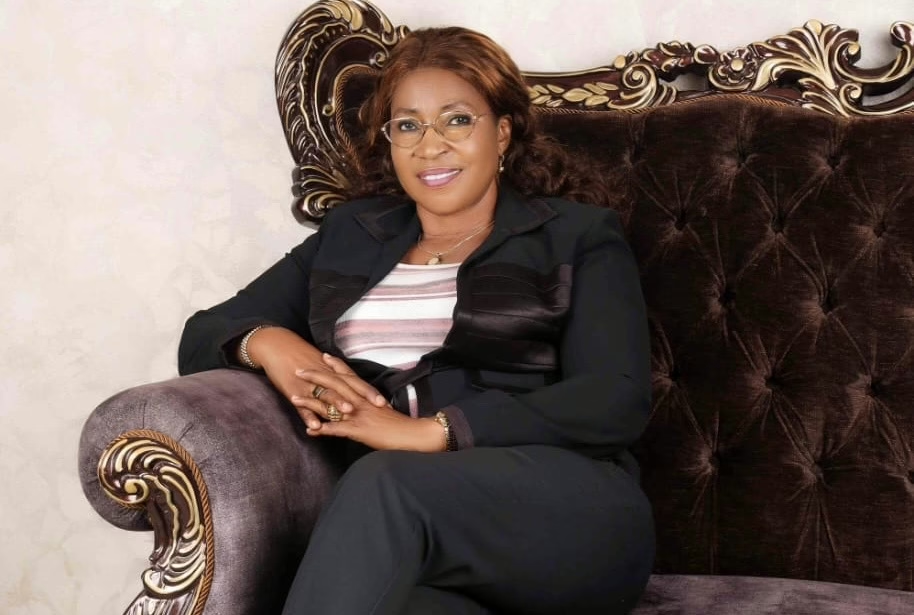
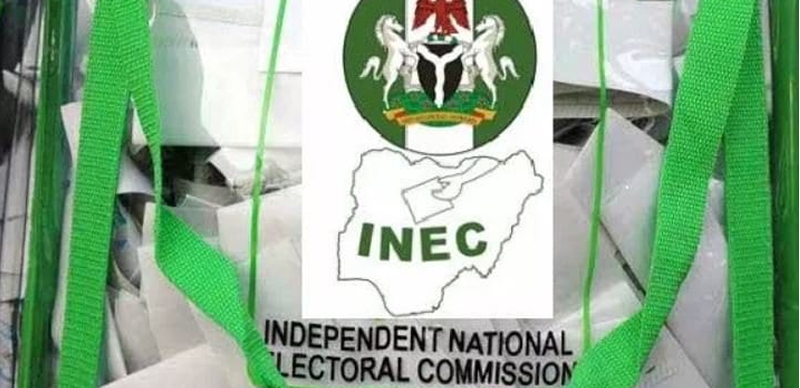
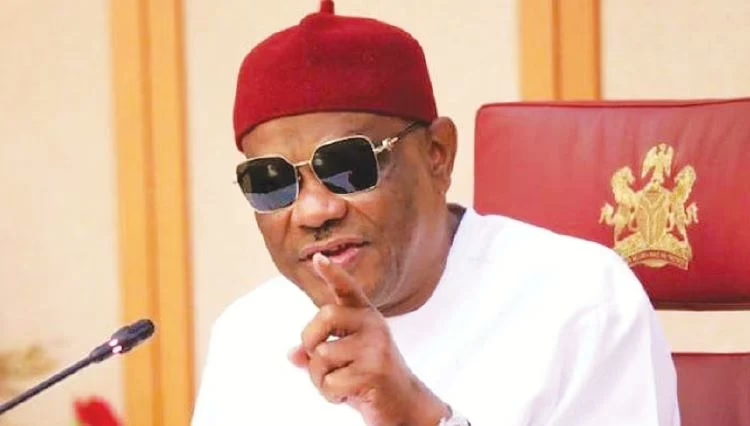
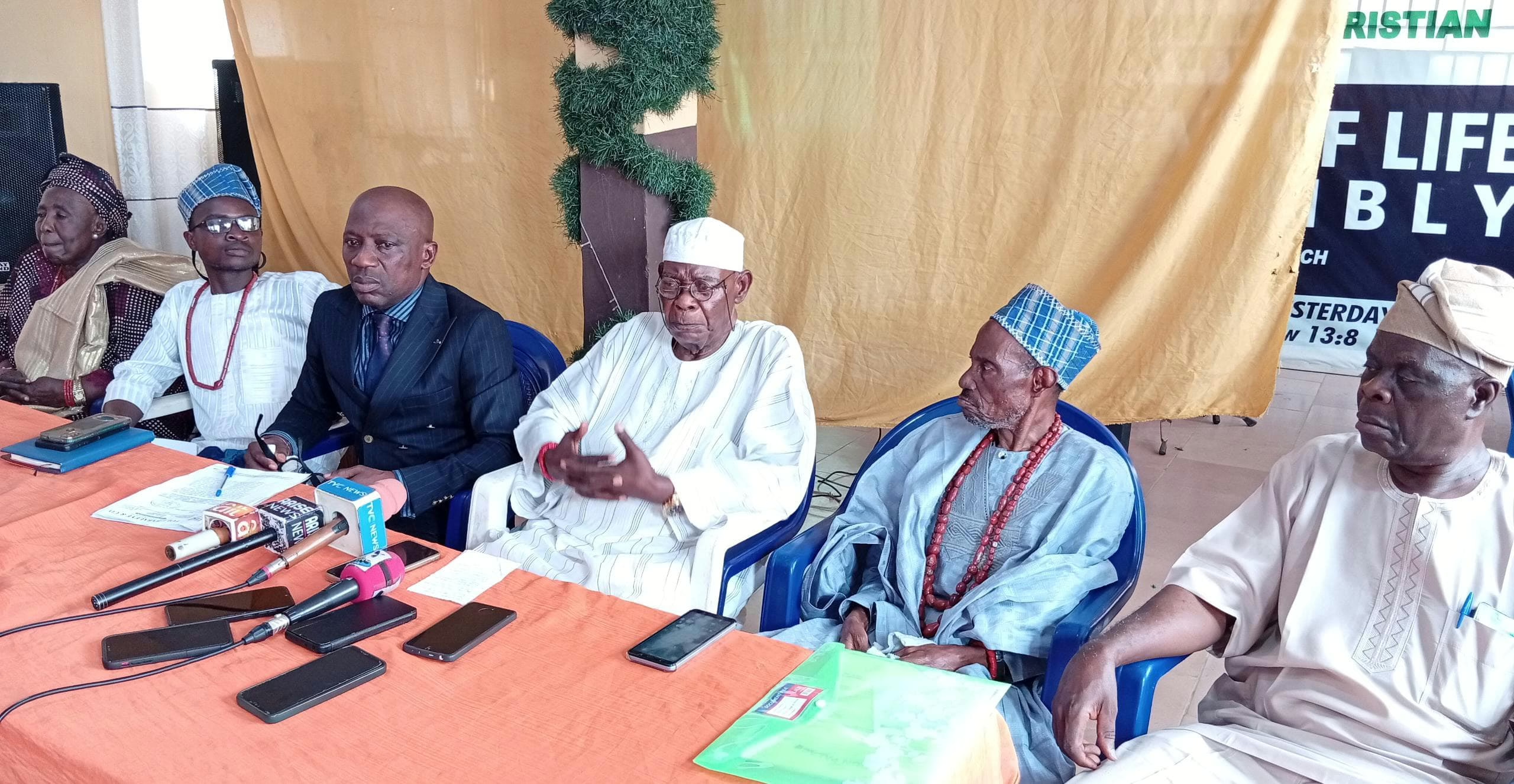
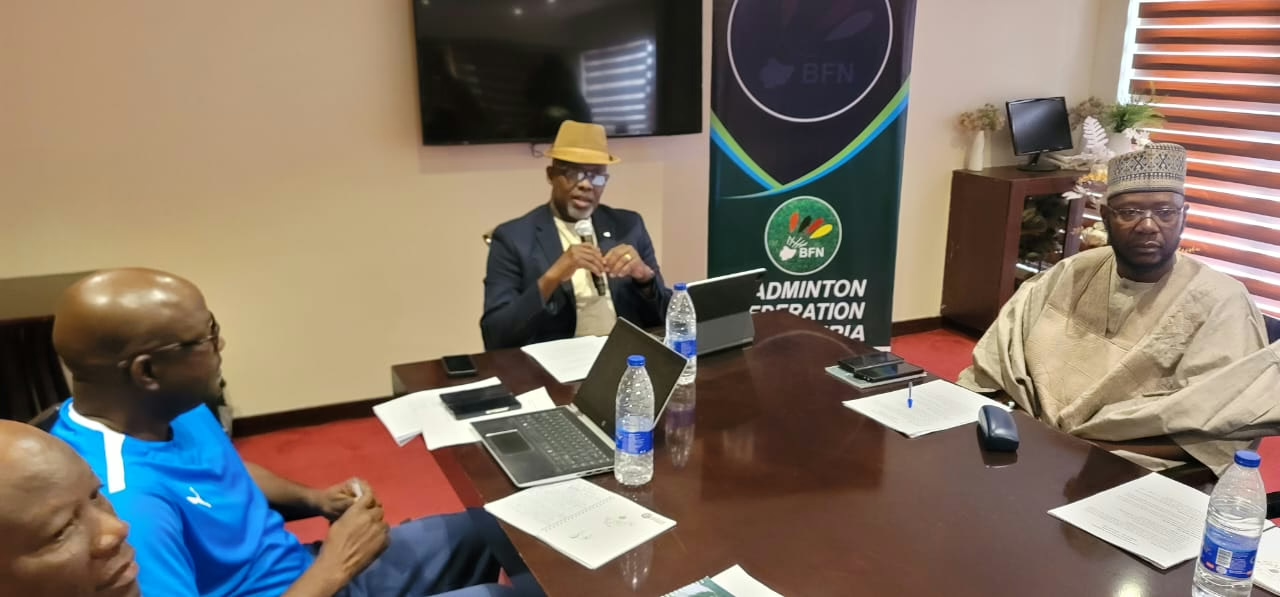
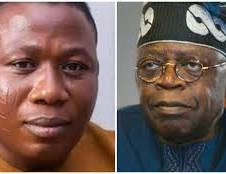
Leave a Reply